The Swedish-Swiss multinational food packaging firm said the project, which took place in Japan and tested an alternative barrier which helps keeps perishable items safe, was successful.
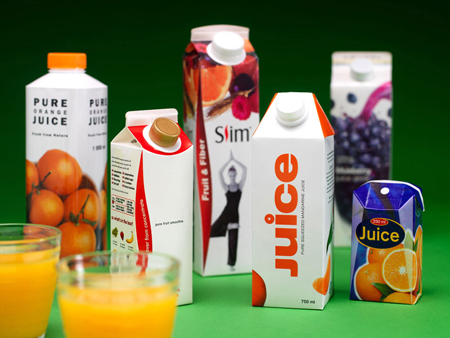
It is now testing a fibre-based barrier – a “first” within food carton packages – for products transported in “ambient” conditions.
If successful, the move will enable Tetra Pak’s cartons to be recycled much more easily at the kerbside. Currently, the inner aluminium lining makes this challenging for recyclers.
Previously, the aluminium part of the packaging has been separated and sent for energy recovery at ACE UK’s specialist recycling facilities (see letsrecycle.com story).
The aluminium layer also contributes to a third of the greenhouse gas emissions linked to the base materials used by Tetra Pak, the company said.
Gilles Tisserand, vice president for climate and biodiversity at Tetra Pak, said: “Early results suggest that the package with a fibre-based barrier will offer substantial CO2 reduction when compared to traditional aseptic cartons, together with comparable shelf life and food protection properties.
“We believe this development will therefore act as a breakthrough in reducing climate impact.
“In addition, cartons with higher paper content are also more attractive for paper mills; thus, this concept presents clear potential for realising a low carbon circular economy for packaging.”
Pilot
The trial in Japan helped Tetra Pak to understand the “value chain implications” of the change, and to quantify the carbon footprint reduction.
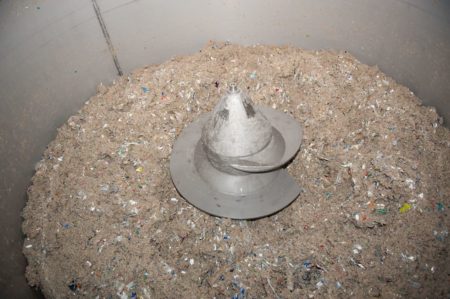
It confirmed the barrier provided “adequate oxygen protection” for vegetable juice, while enabling increased recycling rates in a country where “recyclers favour aluminium-free cartons,” the company explained.
A commercial consumer test will now take place, with further technology validation scheduled for later in 2022.
Eva Gustavsson, vice president for materials and packaging at Tetra Pak, added: “To keep the innovation engine running, we are investing €100 million per year and will continue to do so over the next five to 10 years to further enhance the environmental profile of food cartons, including the research and development of packages that are made with a simplified material structure and increased renewable content.
“There is a long journey ahead of us, but with the support of our partners and a strong determination to achieve our sustainability and food safety ambitions, we are well on our way.”
The company said the move underlines its approach to “design for recycling”, where increasing the paper content is “critical”, and also supports end-user expectations.






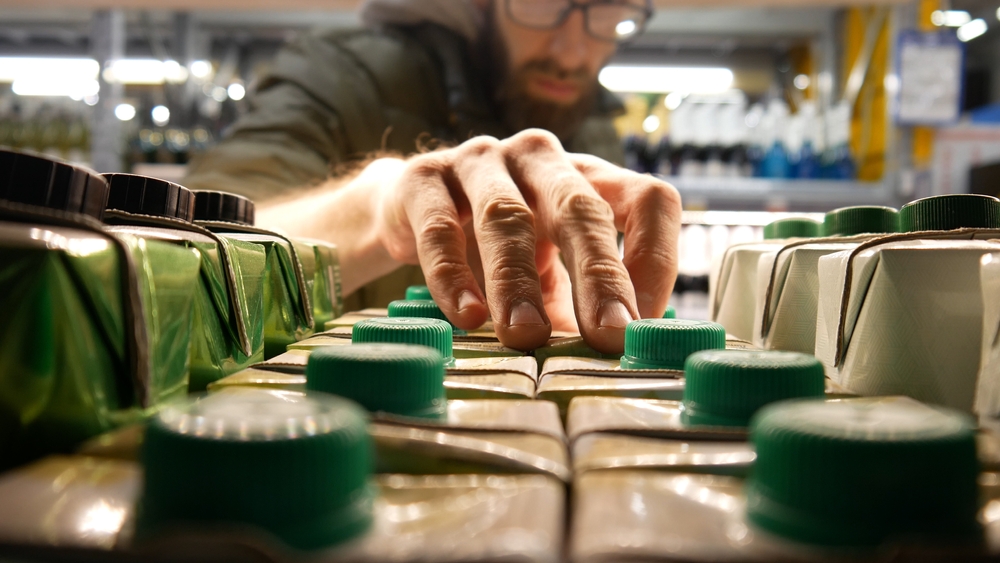
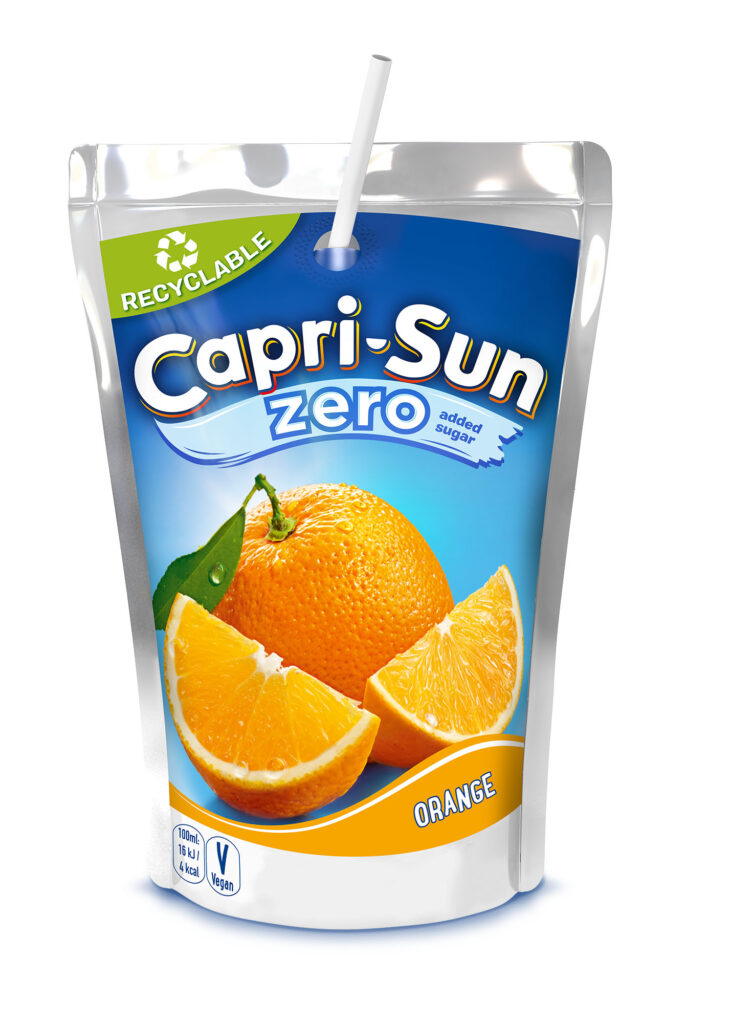
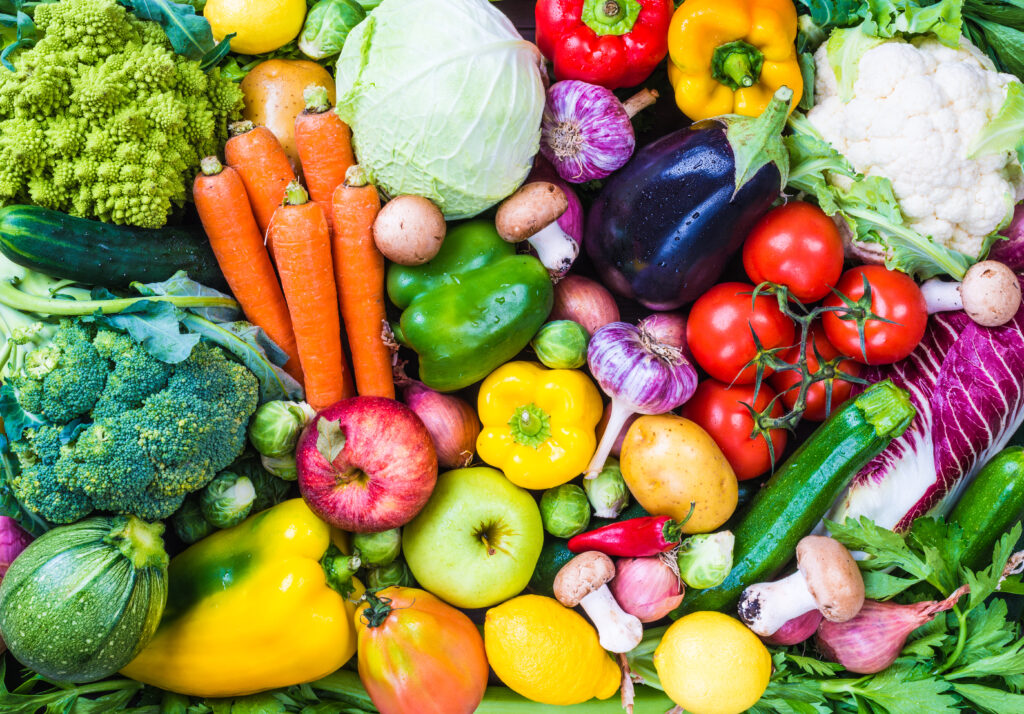


Subscribe for free